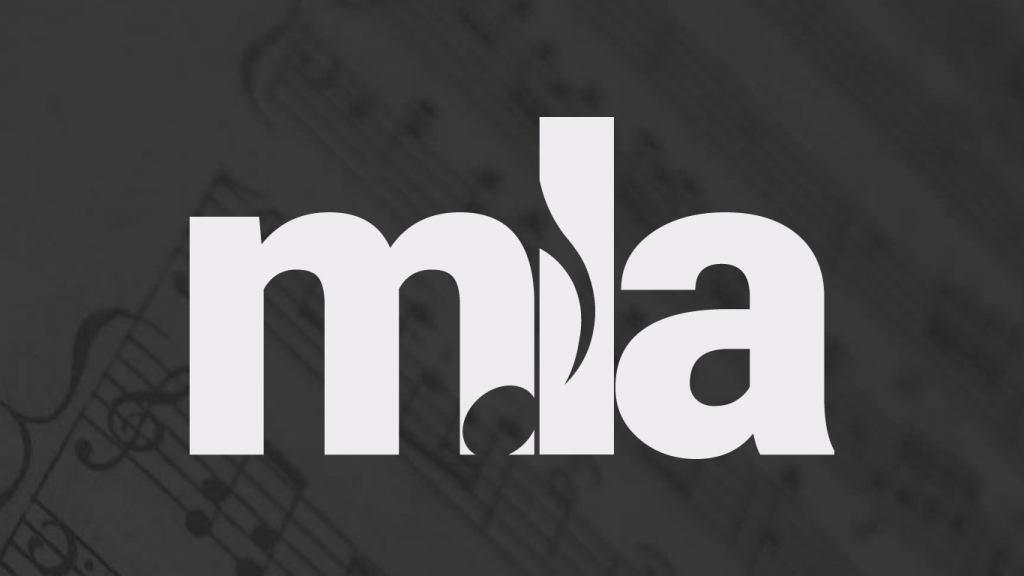
For librarians who specialize in caring for music collections, it can be challenging to keep up with the latest technology and resources in the profession. The Music Library Association recently helped address this problem by making many of its publications openly available online.
The MLA donated 21 of its monographs to the Internet Archive for digitization and worked with authors to make the material free to the public under Creative Commons licenses.
The new collection of backlist titles includes information on careers in music librarianship and history of the field. It also covers planning and building music library collections, which can be complicated and involve individual creators and small publishers, said Kathleen DeLaurenti, who helped lead the partnership with the Internet Archive in her role as MLA’s first open access editor. There are also valuable materials on music library approaches to technical services—everything from how to preserve music materials to how to bind and catalog them.
“Increasingly in librarianship, we have people who are being tasked to do this work who don’t have a specialized background, especially in smaller organizations, rural places, and public libraries,” DeLaurenti said. “We’re really excited to be able to make this content available to folks who may not have access to professional development in those spaces, and who may be looking for some materials to bolster their training and their own work.”
The MLA has been publishing new research of interest to music librarians since the 1970s and wanted to find a platform to make the information easier to discover, said DeLaurenti, director of the Arthur Friedheim Library at the Peabody Institute of Johns Hopkins University in Baltimore. The Internet Archive provided the open infrastructure to share and leverage the work of the MLA, which is a small organization with about 1,000 members.
While the MLA began with 21 of the monographs, it is working to obtain rights clearance for an additional 20 titles and DeLaurenti hopes the online collection will grow. So far, authors have been excited that the association is making their work available as it increases access for scholars with the potential for more citations of their research.
The audience for the online collection will likely be “accidental music librarians”—people tasked with music library responsibilities who aren’t musicians but are looking for professional development resources in the area, DeLaurenti said, as well as individuals considering music librarianship as a career.
“As libraries are looking at what kinds of open infrastructure is out there and available, I think the work that the Internet Archive has done through COVID has really changed our perception and how they can work as a potential collaborator in that space,” DeLaurenti said. “We hope to continue different kinds of collaborations with [the Archive] in the future.”
LEARN MORE
- To browse the Music Library Association publications now online at Internet Archive, please visit https://archive.org/details/musiclibraryassociationpublications.
- To learn more about the Music Library Association, please visit https://www.musiclibraryassoc.org/.